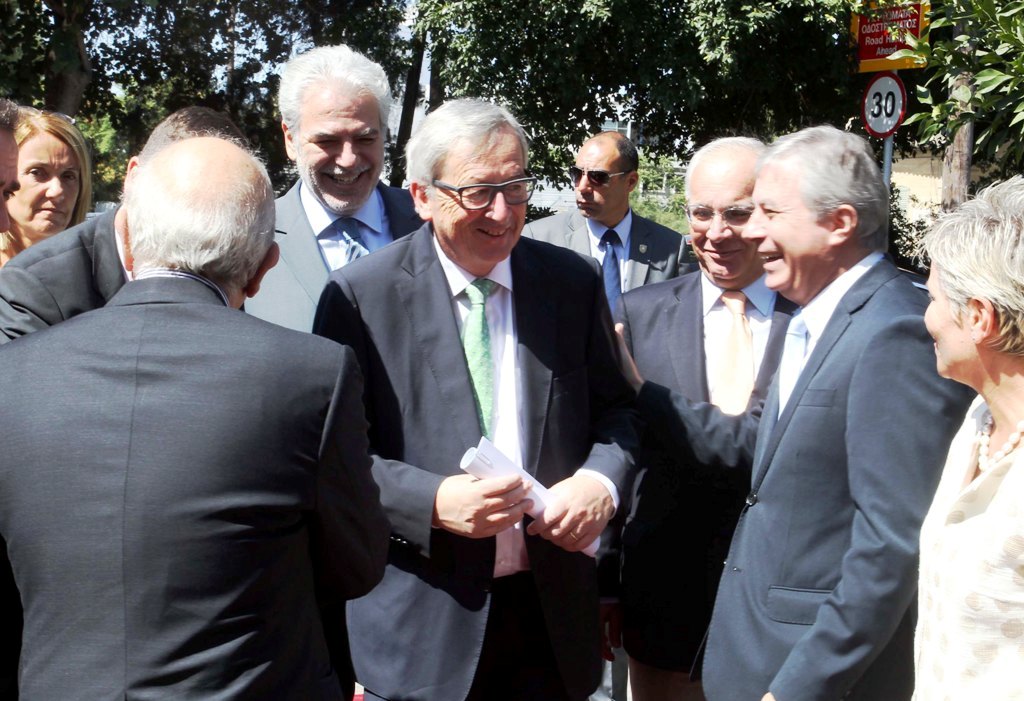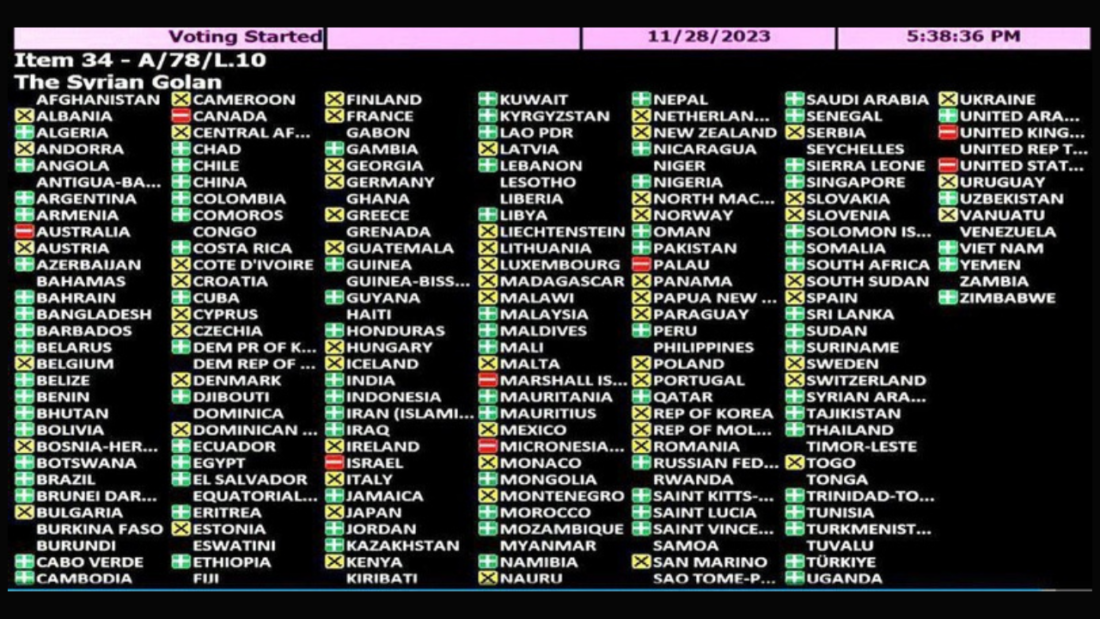
Position of Andros Kyprianou, General Secretary of AKEL, at the meeting of political leaders with Jean Claude Juncker
AKEL C.C. Press Office, 16th July 2015, Nicosia
 On behalf of AKEL permit me to welcome President Juncker to Cyprus. Your visit is taking place at an important moment for Cyprus and our people, at a time when the negotiations on the Cyprus problem are underway and the discussions about European policies on the economy are culminating.
On behalf of AKEL permit me to welcome President Juncker to Cyprus. Your visit is taking place at an important moment for Cyprus and our people, at a time when the negotiations on the Cyprus problem are underway and the discussions about European policies on the economy are culminating.
The resumption of the intercommunal talks is generating new hopes for a solution. The assumption by Mr. Akinci of the leadership of the Turkish Cypriot community is creating optimism. However, to translate this optimism into a practical result it is imperative that political will is demonstrated in practice.
The international conjuncture, particularly in the region of the Eastern Mediterranean and the Middle East, is tragic. Whilst the overriding need is the solution of the problems and the achievement of peace through the participation of the peoples, in reality dangers are lurking for the creation of new states, a fact which is further destabilizing our neighbourhood. No matter difficult it may be, Cyprus must represent a positive example in the region. Let us all draw lessons, including the European Union as well, from the mistakes that have been committed, from the chaos caused by the unilateral and self-interested promotion of rivalries and fanaticism, as well as the policy of “divide and rule”.
We hope your presence will back the efforts to solve the Cyprus problem. We hope it will support the procedure that is developing under the auspices of the UN Security Council. We expect that the essence of the solution will not be sacrificed for the sake of the procedure. The solution of the Cyprus problem must be in accordance with the resolutions and decisions of the United Nations Security Council and International Law, in line with the High-Level Agreements and the principles on which the European Union is founded.
For AKEL the verbal declaration “the solution must be in line with European principles and values” is not enough. We need to safeguard that the reunited state will be functional, respect the basic freedoms and rights of its citizens, the people and the communities. This will constitute the basis upon which the common peaceful cohabitation and future prosperity will be rebuilt. Our goal is a bi-communal, bi-zonal federal solution, with a single sovereignty, a single international personality and a single citizenship, with political equality that cannot be turned into a numerical leveling. We expect that the European Union will support these principles.
I want to be sincere with you by expressing AKEL’s opposition, but also the opposition of the majority of Cypriot citizens as well, to the dead-end economic policy being implemented by the European Union; a tough austerity policy imposed on its peoples. We consider that this egoistic policy serves a logic that leads endlessly to a self-generating crisis which the peoples are ultimately paying the cost. This policy as it has been proved is impoverishing countries and peoples, as the statistical figures published by the European Union itself illustrate. Even countries that have exited from the Memoranda are not distinguished by the prosperity they have attained, but by the perpetuation of inequalities among the people and for their economic regressions. In addition, the relation between lender-borrower is being converted into an undemocratic dependence which is subject to the preconditions of anti-social reforms that in theory will bring money in order to serve the debt. However, woe betide, this is ultimately done solely to subordinate the majority of the majority of the people to the multinational banks and business groups.
Furthermore, I regret to point out that the much-advertised community solidarity is exercised on the basis of double standards. Whilst on the one hand the banks are bailed out through the socialization of the losses, on the other hand the peoples that are small in numbers are being victimized who are called upon to survive in a regime where the powerful states take the decisions. Solidarity in exchange for the indiscriminate foreclosure of primary homes and the privatization of profitable public services resulting in the sharp rise of unemployment is inconceivable.
This dead-end policy has been implemented in many countries, but also in Cyprus and Greece. The crisis in trust is not between the partners and Greece, as it has been suggested extensively recently, but between the European Union and the majority of its population. As long as these structures and decisions remain, not only will we not have sustainable development and prosperity, but the private appropriation of the wealth by a minority will intensify and the distrust will deepen.
We believe that with the continuation of the use of the same tools that exacerbated the crisis to the detriment of the peoples there will neither be no way out, nor a recovery of the economy in the people’s interests. In our view, another political approach is demanded that will prove to be to the benefit of the peoples of Europe and not to the benefit of the multinational companies and the banks.




